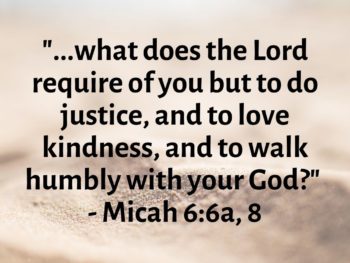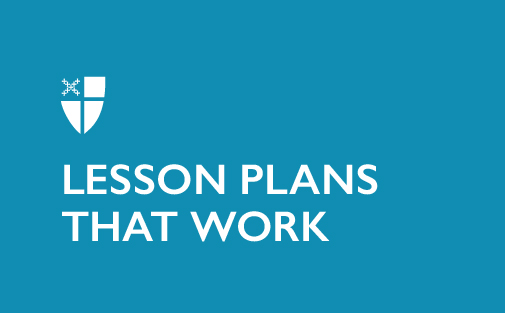
Philosopher-theologian Josiah Royce first used the phrase “The Beloved Community.” Dr. Martin Luther King, Jr. made the term popular and gave it a deeper meaning.
“For Dr. King, The Beloved Community was not a lofty utopian goal to be confused with the rapturous image of the Peaceable Kingdom, in which lions and lambs coexist in idyllic harmony. Rather, The Beloved Community was for him a realistic, achievable goal that could be attained by a critical mass of people committed to and trained in the philosophy and methods of nonviolence.
“Dr. King’s Beloved Community is a global vision, in which all people can share in the wealth of the earth. In the Beloved Community, poverty, hunger and homelessness will not be tolerated because international standards of human decency will not allow it. Racism and all forms of discrimination, bigotry and prejudice will be replaced by an all-inclusive spirit of sisterhood and brotherhood. In the Beloved Community, international disputes will be resolved by peaceful conflict-resolution and reconciliation of adversaries, instead of military power. Love and trust will triumph over fear and hatred. Peace with justice will prevail over war and military conflict.”
– from The King Center (https://thekingcenter.org/)
We are called to seek Beloved Community. Part of that is seeking racial justice so that we might live in love, trust, and peace.
These lessons will support you on your journey to break down the barriers of systemic racism and oppression to see each other as God’s children and, therefore, siblings. While they are ready to be implemented as they are, please adjust them to your use. Use one scripture passage instead of both. Change the scripture as needed. Write your own prayers.
Each lesson includes prayer, a brief meditation about the theme, questions on each theme, the theme’s connection to the Becoming Beloved Community Four-fold Path, the Baptismal Promise, and the Way of Love, Bible Study, and a theme-related activity.
Further Resources and Reading
These lesson plans can make people uncomfortable if real work is being done. The discussions that this curriculum encourages are not supposed to be easy. Feeling safe while feeling vulnerable is important. Below, we offer some tips as you work through this curriculum.
How to Do Hard Things in Ministry
If you would like to do deeper reading or see more resources, please click the links below.
Racial Justice Resources for Youth
Racial Justice Resources for Young Adults
Lesson Plans written by Miriam McKinney
| Lesson Theme | Becoming Beloved Community Fourfold Path | Scripture 1 | Scripture 2 | Way of Love | Age |
| Introduction | Youth Young Adult | ||||
| Beloved Community | Proclaiming the Dream of Beloved Community | Genesis 1:1-31 Focus: 1:26-27 | 1 Corinthians 12:12-27 13, 27 | Pray | Youth Young Adult |
| Racism | Telling the Truth about the Church and Race | Mark 7:24-30 Focus: 7:27-28 | Matthew 15:21-28 | Learn | Youth Young Adult |
| Privilege | Telling the Truth about the Church and Race | James 2:1-26 Focus: 2:1-4 | Matthew 20:1-16 Focus: 20:11-16 | Bless | Youth Young Adult |
| Bias | Practicing the Way of Love | John 4:1-42 Focus: 4:7-9 | Luke 18:9-14 Focus: 18:13 | Turn | Youth Young Adult |
| Anti-racism | Repairing the Breach in Society and Institutions | Isaiah 58 Focus: 58:6-7 | Luke 6:27-49 Focus: 6:27-35 | Rest | Youth Young Adult |
| Solidarity | Repairing the Breach in Society and Institutions | Ephesians 2:13-22 Focus: 2:15-16 | Micah 6:1-8 Focus: 6:8 | Go | Youth Young Adult |
| Inclusive Spiritual Practices | Practicing the Way of Love | Luke 10:25-37 Focus: 10:27 | Romans 12 Focus: 12:4-5 | Worship | Youth Young Adult |
